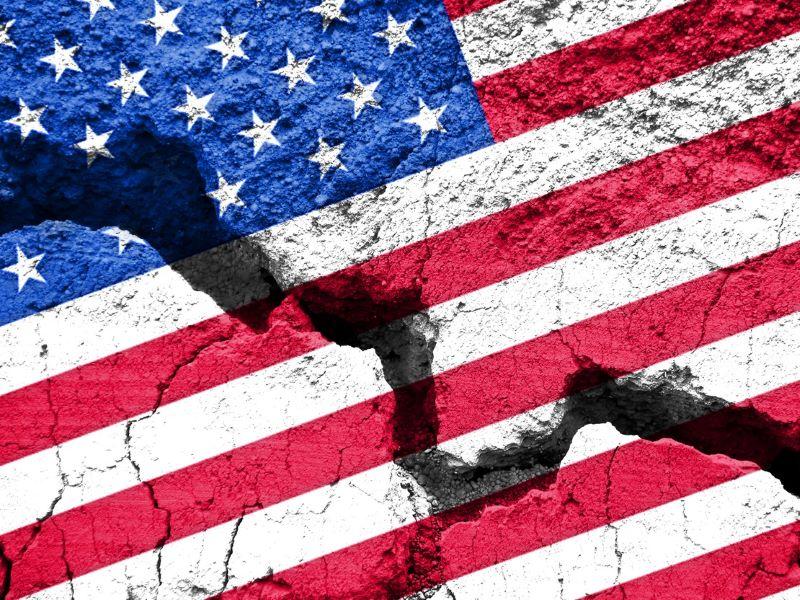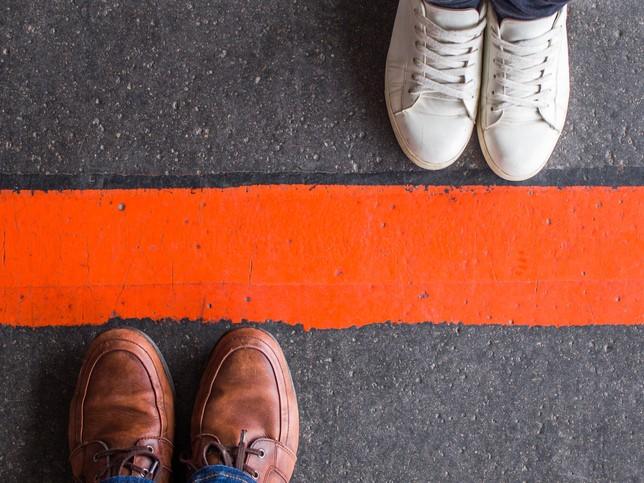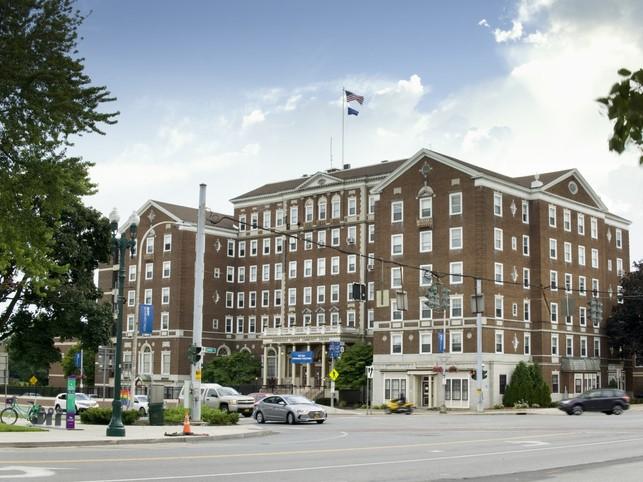
A higher education playbook for strengthening democracy: what institutions can do

You may also like
Over the past decade, scholars and analysts have pointed out that democracy is in recession. In the second half of the 20th century, democracy grew throughout the world. In 1974, there were about 50 democratic nations, and by the early 21st century there were more than 110. Since 2006, there has been a decline in the number of fully democratic nations. Scholars point out that a recession is in progress.
The recession has not only occurred in nascent democracies such as Myanmar, which made stutter-steps towards having free and fair elections only to devolve to a totalitarian state. The US, the world’s oldest democracy, and India, the world’s largest, have seen a rise of autocracy and a decline in democracy. In Hong Kong, individuals clamoured for the right to elect their own legislatures and to have a greater voice in the city’s governance. Instead, there has been a harsh clampdown and elimination of democracy in Hong Kong by China.
- Social justice in, through and beyond higher education
- How universities can promote ‘democratic competences’ among students
- Universities must take a more holistic approach to social mobility
Those of us concerned about democracy’s demise have suggested numerous ways that government, the media and thinktanks might help to bolster democracy. Curiously, very little focus has been on what participants in tertiary institutions might do to help strengthen democracy. Higher education always has the potential to play a role in society. Numerous scientists, for example, offered their professional expertise about how to handle Covid-19. More recently, the rectors of 12 Russian universities shamefully put out a statement in support of the war in Ukraine.
My own sense is that colleges and universities have a vital role to play in the support and expansion of democracy. Here, I offer five suggestions for what those of us who work in tertiary institutions might do.
Work to ensure free and fair elections
Open elections in which citizens can vote without undue restrictions or threats are fundamental to democracy. Tertiary institutions have a unique role to play. First, they can clarify and communicate to the broad public what we mean by free elections. Second, put forward what works best in terms of voting that will enable voter participation. Third, enact those recommendations.
Enable voter participation
Make sure that as many people on a campus vote as possible. A recent study, for example, pointed out how few campuses in the US offered early voting in 2020. Make election day a “workday” when classes are cancelled but everyone works to help people in the community to vote, and everyone on campus votes.
Work across the globe for democratic engagement
Aggressively support institutions and faculty who come under attack for their advocacy of free speech. Scholars at Risk is an example of an institution that supports academics at risk. Although the rectors of Russian universities failed miserably in speaking out against the war in Ukraine, more than 4,000 academics, students and graduates at Moscow State University have signed a letter condemning the attacks on the democratic nation of Ukraine. These academics, as well as all individuals at universities who support democracy, deserve global support by voice and action.
Make equity a central value
Race, gender, caste and class frame how people succeed. A democratic society should not disable some and privilege others. Equity is a central value of democracy. A democracy can make no claim to its inherent values when Black citizens or Dalit citizens are disenfranchised from voting or participating in governance. Work towards full equity in academe for historically under-represented groups.
Encourage civil resistance
Non-violent civil protest can be an effective means of supporting democracy. Engaged intellectuals embrace the role of leader and mediator rather than staying sequestered in faculty offices. In difficult times, we need academics who will articulate what democracy means and how to sustain it. Conversations about the nature of democracy and the university’s role in fomenting discussion and enabling democratic engagement will mean that we need to think through how to resist those practices that subjugate democracy. I am calling for active engagement with society rather than the typical “ivory tower” approach.
These suggestions are not ingredients in a cookbook. How we deal with each idea will vary based on the country where we reside. Academics are public intellectuals who are able to provide expertise and insight to the multiple challenges confronting society. Traditionally, we have worked at arm’s length from society so that our research and findings might not be contaminated. Democracy, however, is a participation sport. For those of us who worry about the fate of democracy at home and abroad, we must get involved to help lend our knowledge and voice in what has been called “the democratic experiment”.
William G. Tierney is university professor emeritus and founding director of the Pullias Center for Higher Education at the University of Southern California. He is author of Higher Education for Democracy: The Role of the University in Civil Society.
If you would like advice and insight from academics and university staff delivered direct to your inbox each week, sign up for the Campus newsletter.


